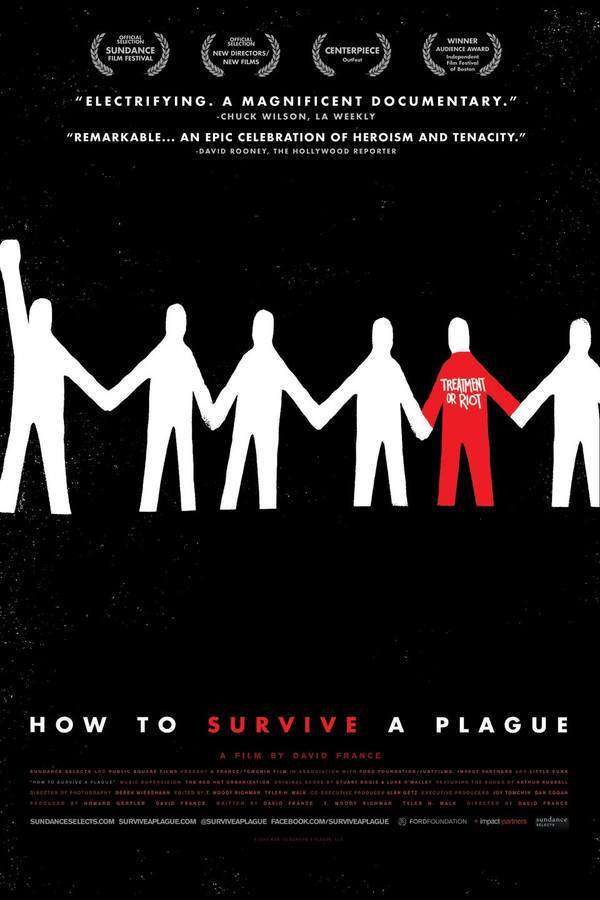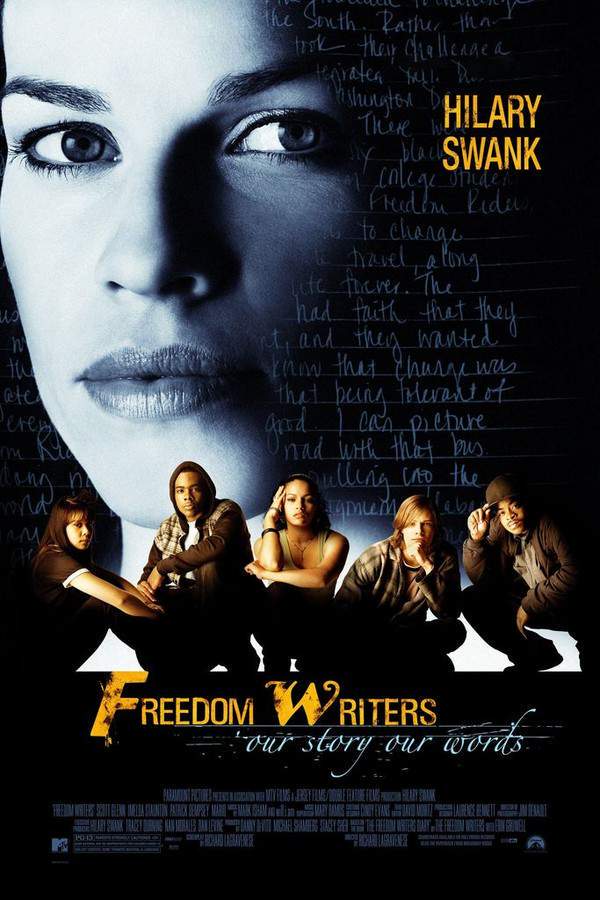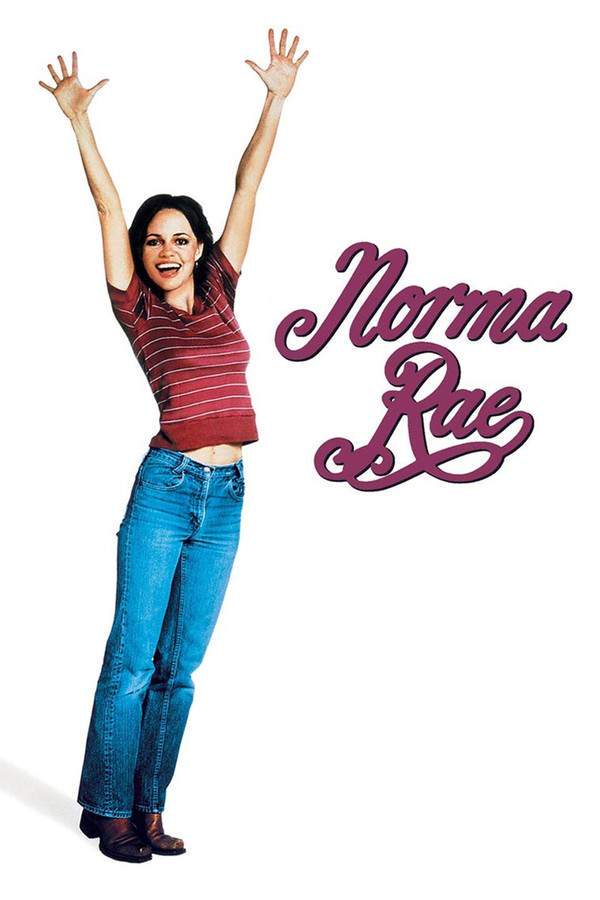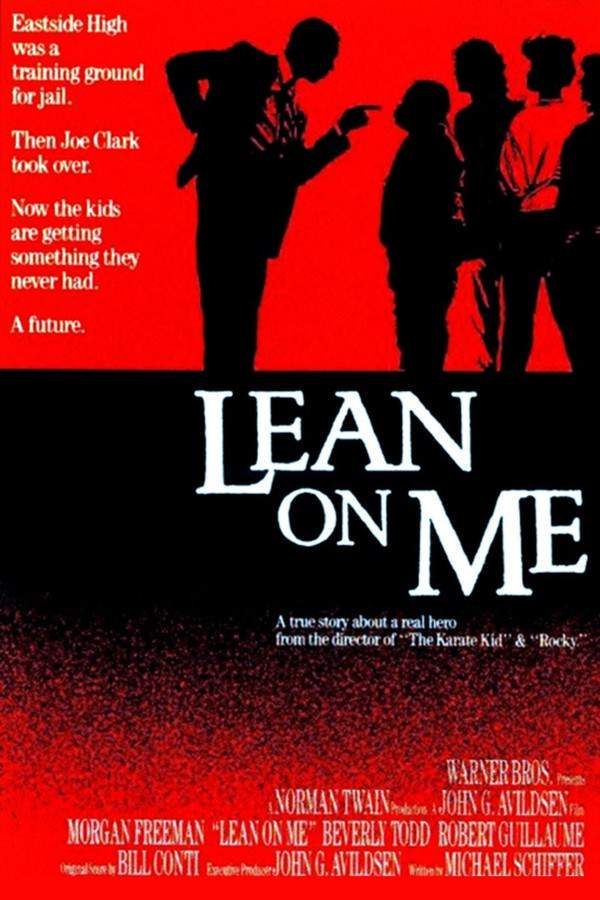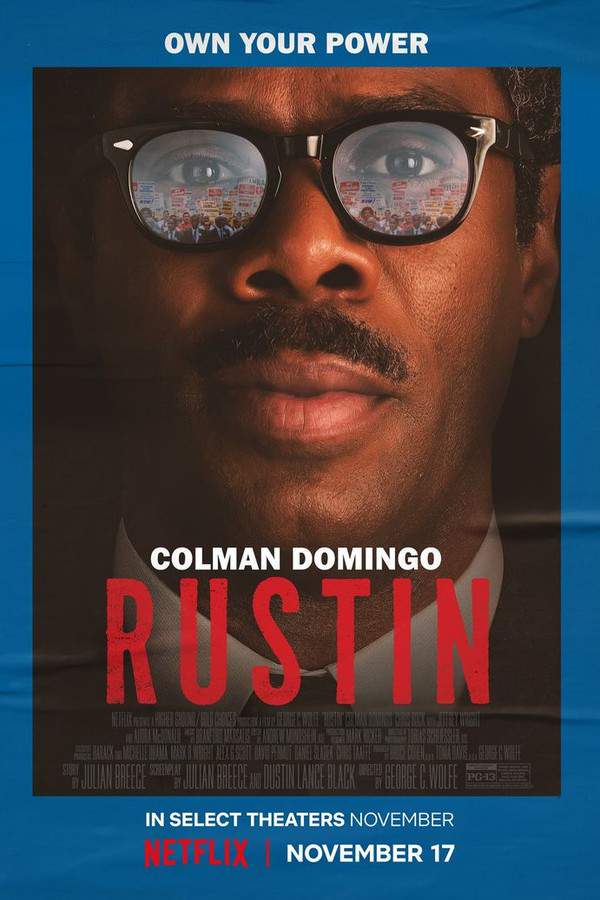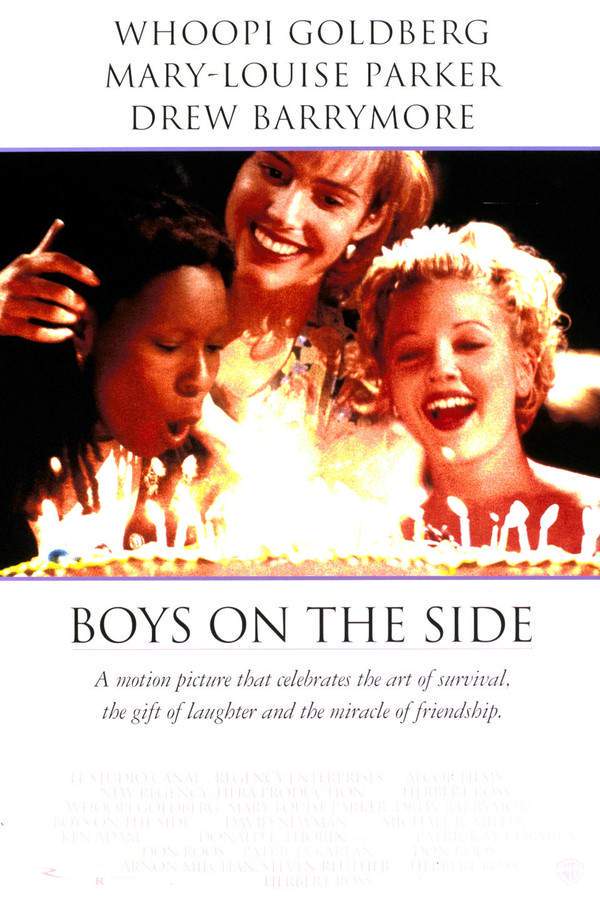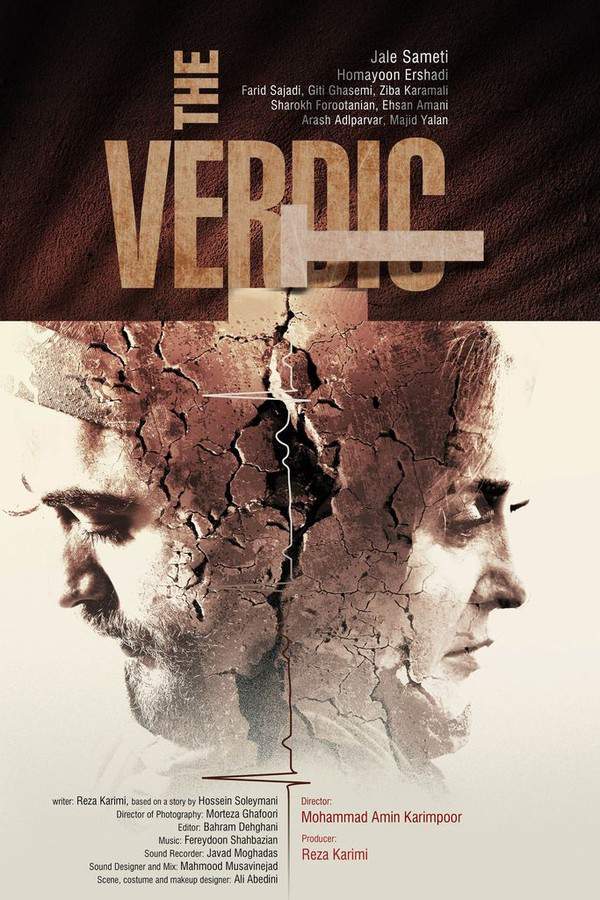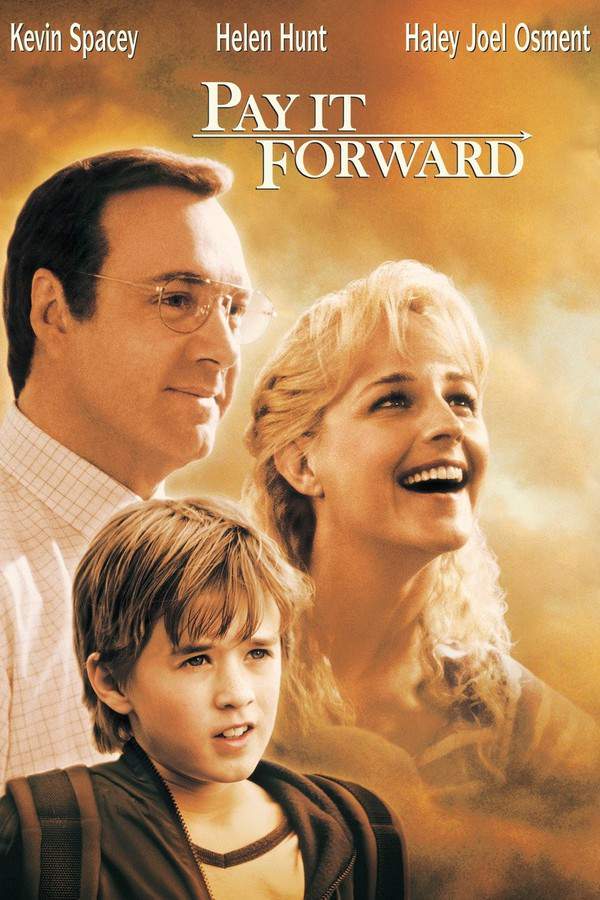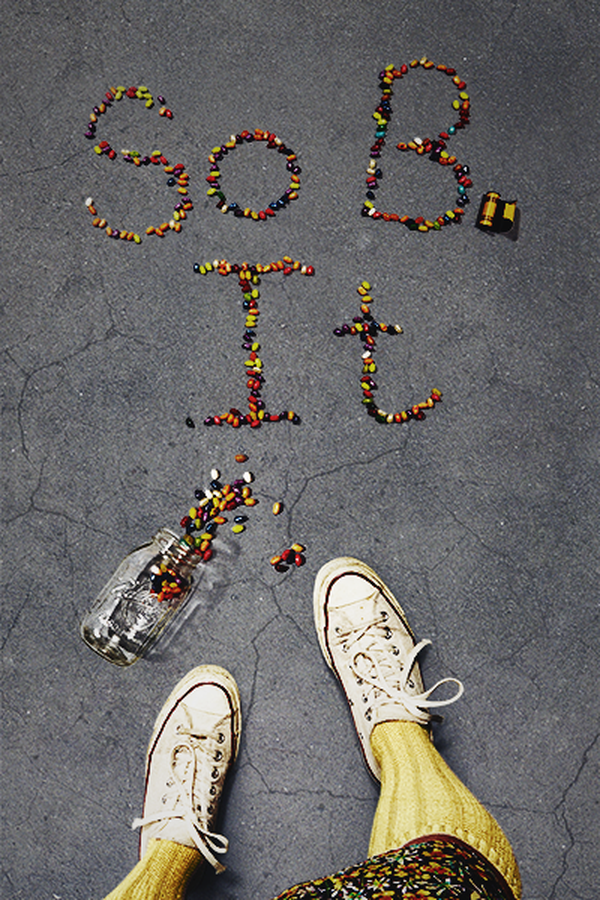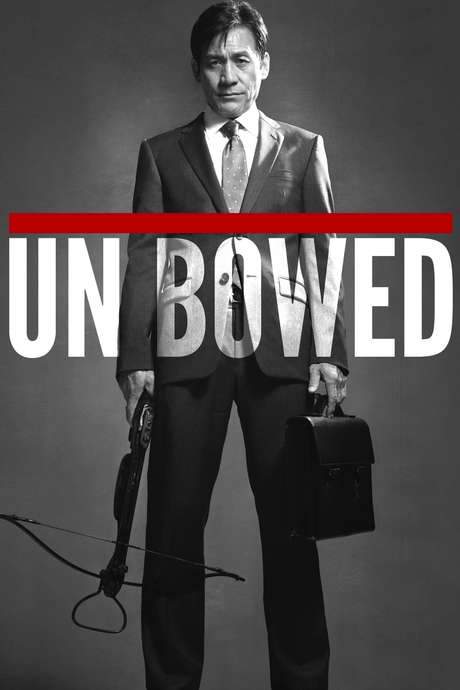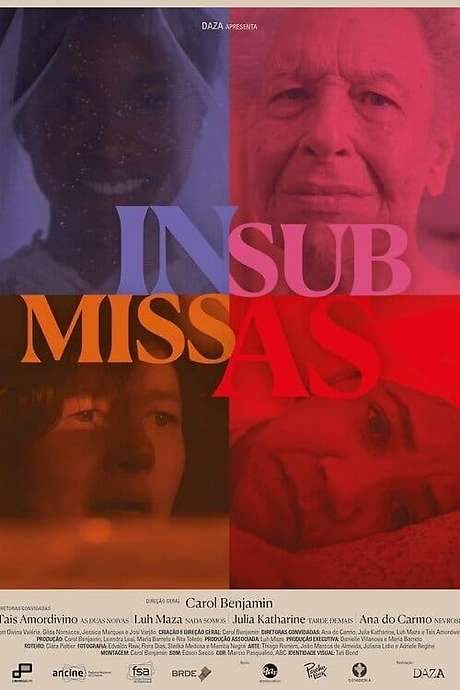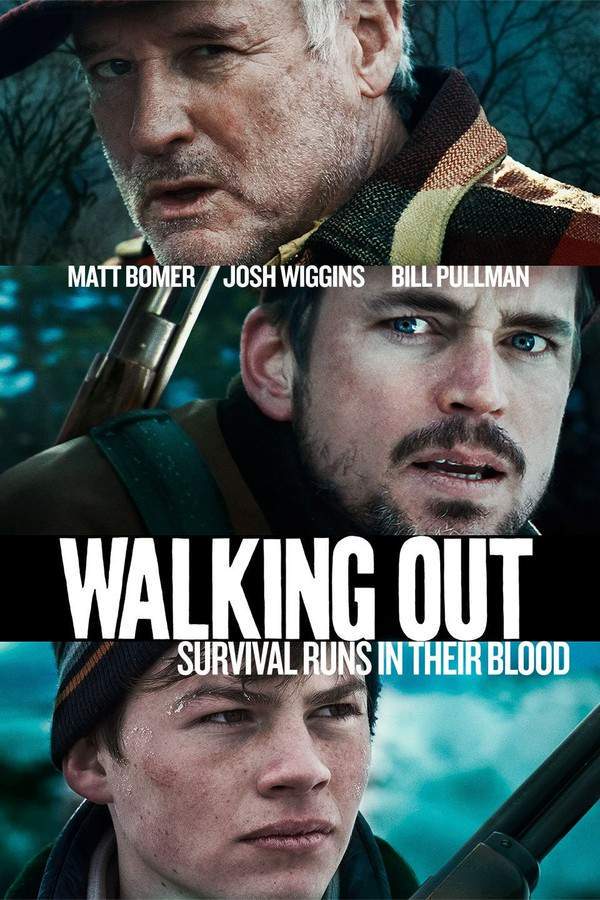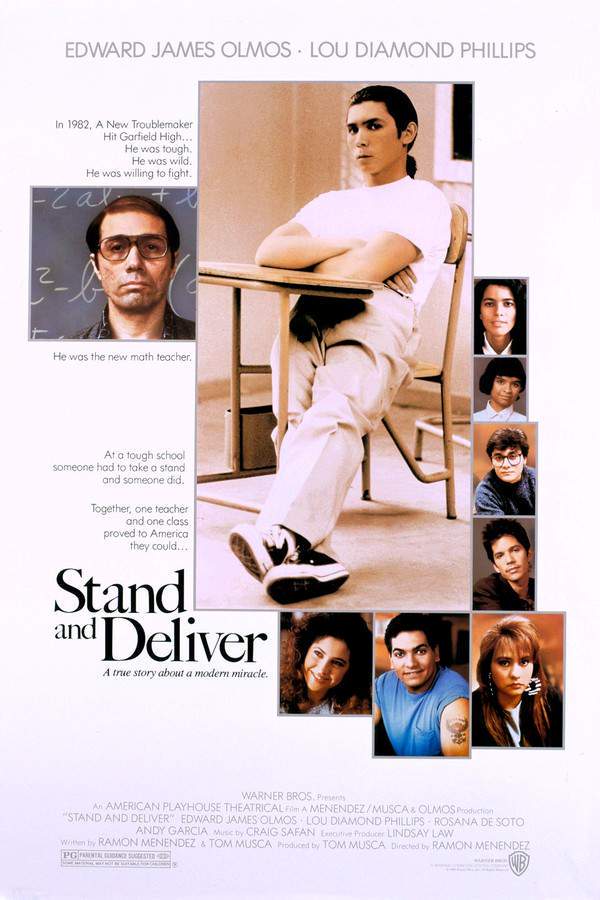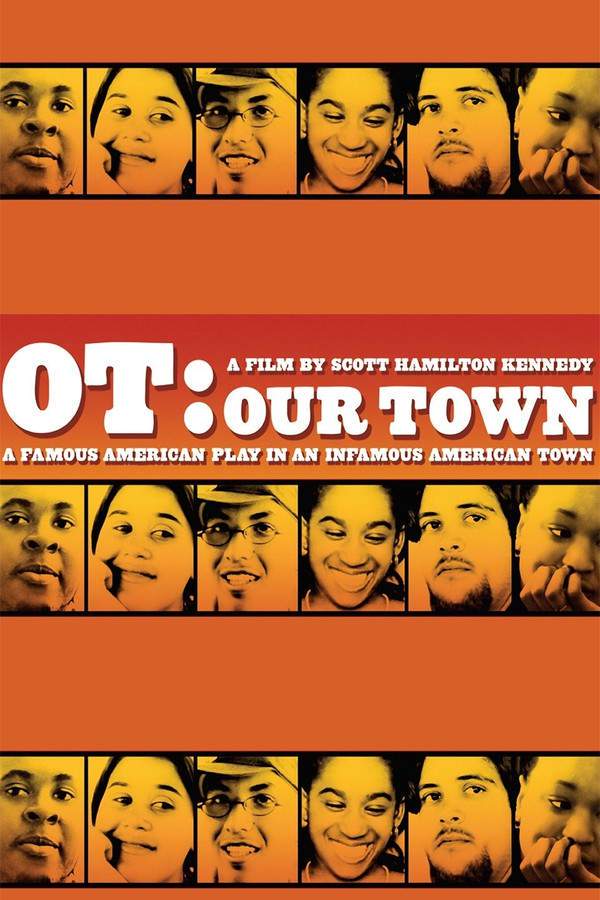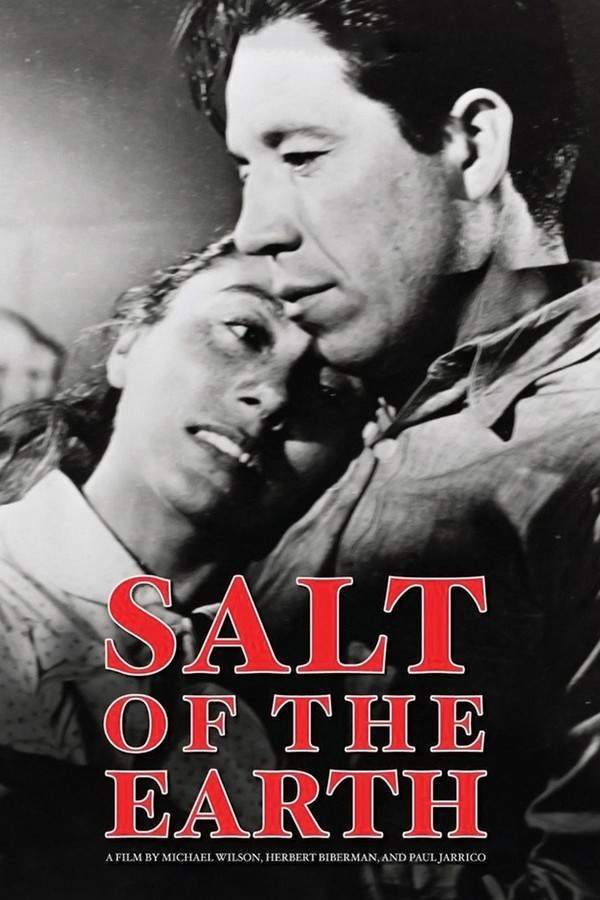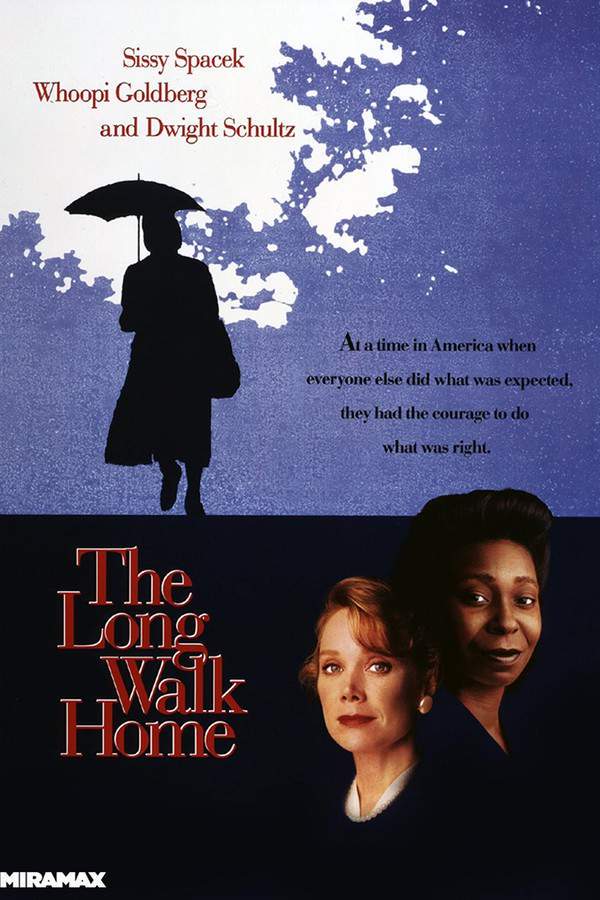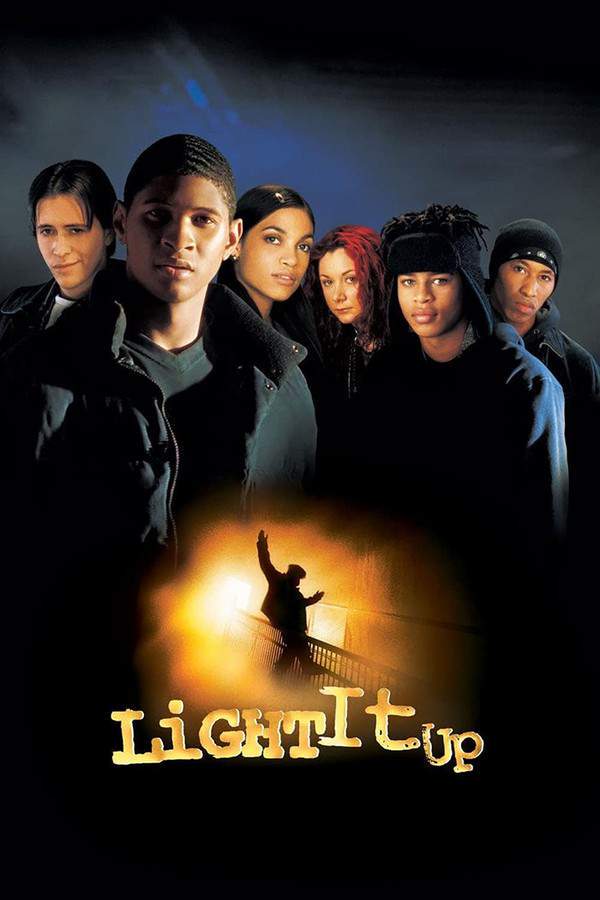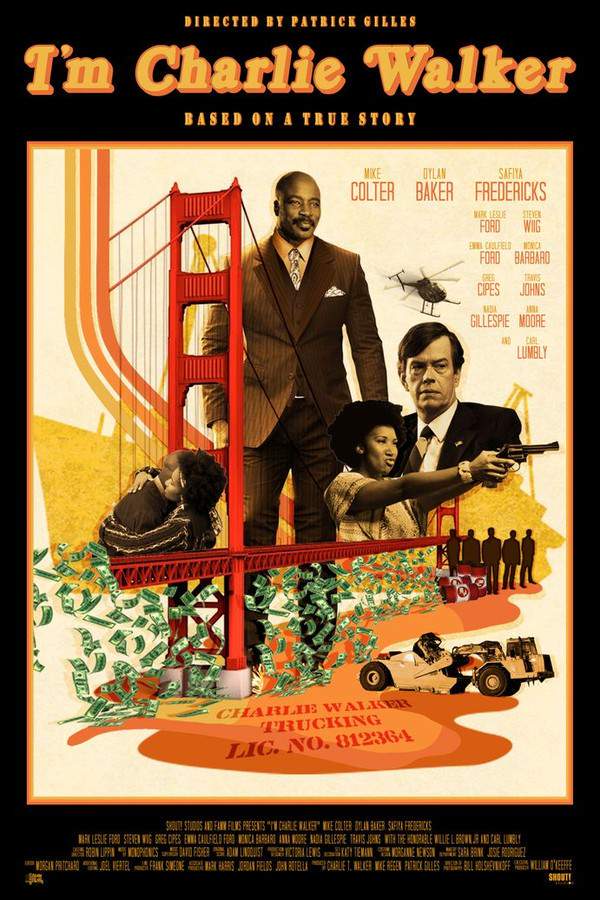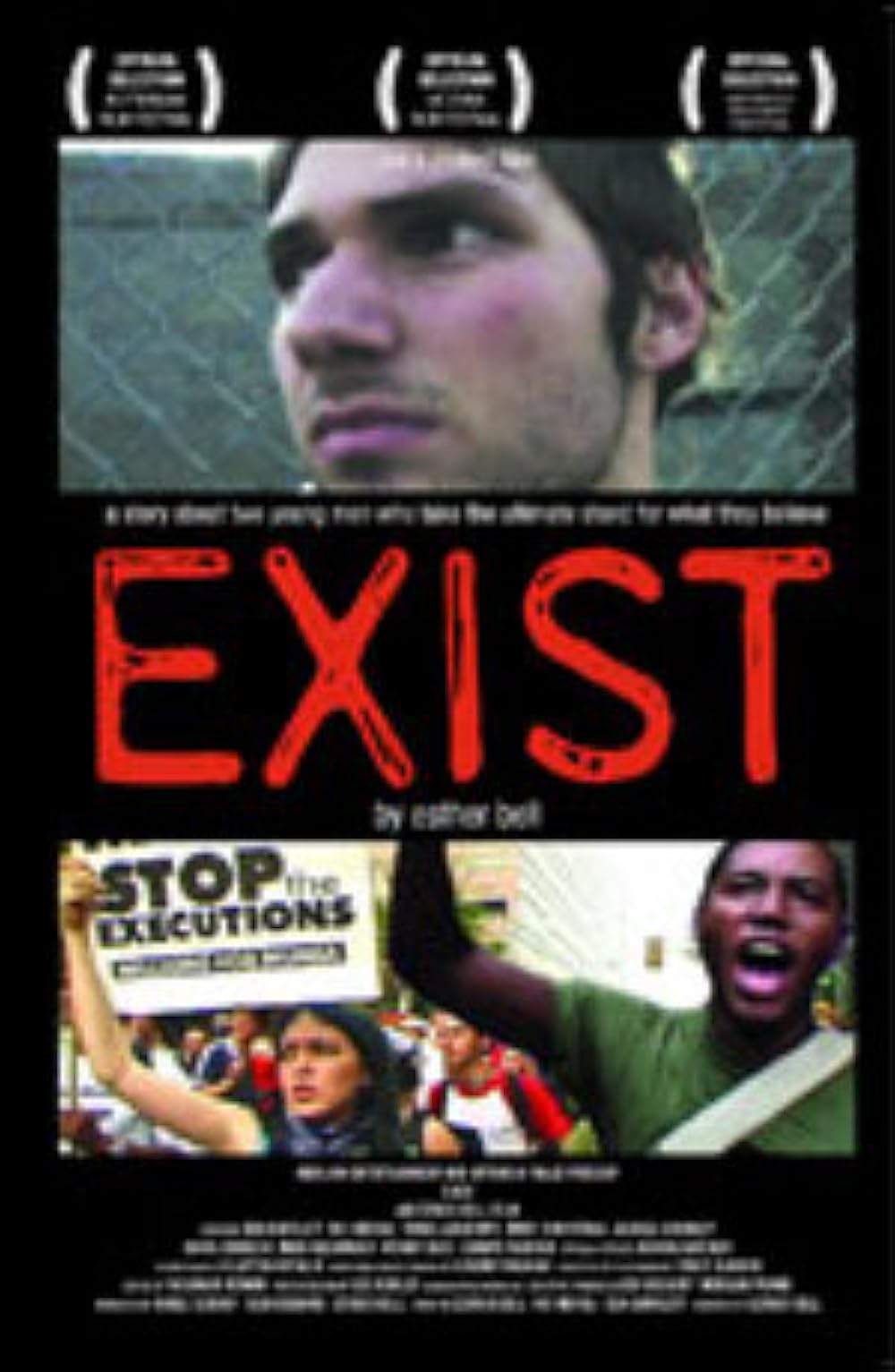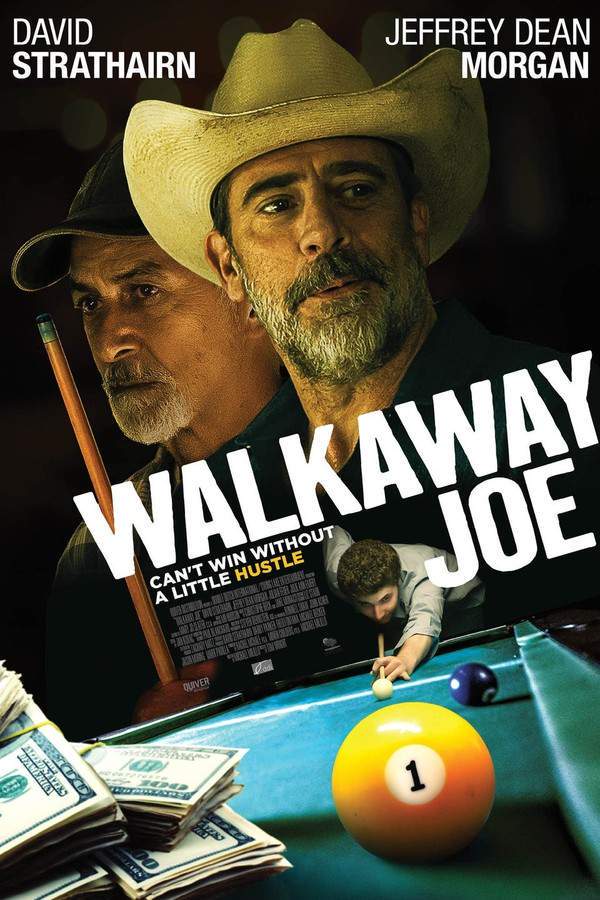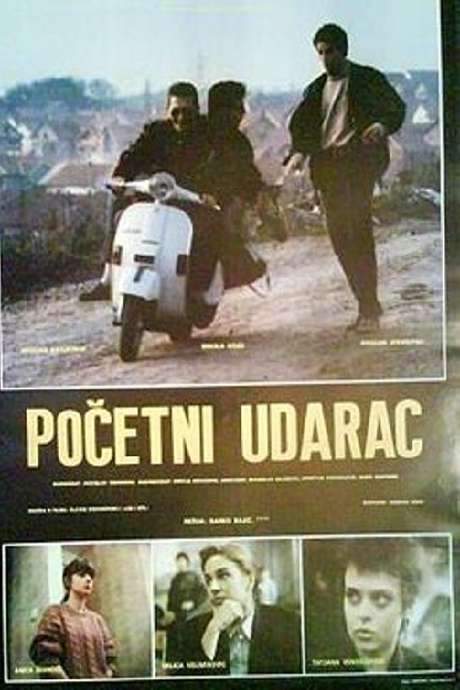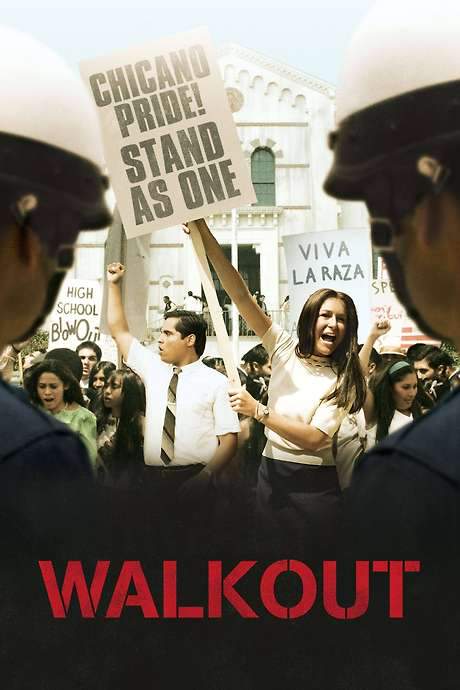
Walkout
Year: 2006
Runtime: 110 mins
Language: English
Based on true events, the film follows Sal Castro, a young Mexican‑American teacher in East Los Angeles who guides his students as they organize a peaceful walkout to demand better conditions and equal treatment in the public schools. Set amid the 1968 civil‑rights era, the story highlights their courage, the fight for justice and empowerment.
Walkout (2006) – Spoiler-Free Movie Summary & Plot Overview
Get a spoiler-free look at Walkout (2006) with a clear plot overview that covers the setting, main characters, and story premise—without revealing key twists or the ending. Perfect for deciding if this film is your next watch.
In the heart of East Los Angeles during the turbulent summer of 1968, a series of public schools become a quiet battleground where language, discipline and ambition collide. The community grapples with a rigid system that marginalizes its Hispanic youth, while the broader civil‑rights wave reverberates through classrooms and streets alike. The atmosphere is charged with a mix of frustration and yearning, setting the stage for a story that feels both historically rooted and unmistakably present.
Sal Castro, a young Mexican‑American educator, arrives with a conviction that teaching can be a catalyst for change. His own experience of cultural bias fuels a relentless drive to empower his students, encouraging them to question the rules that keep them silent. Among those he inspires is Paula Crisostomo, a determined teenager who has grown weary of the daily indignities imposed on her classmates. Her relationship with her father—caught between traditional expectations and the surge of activism—adds a personal layer to the larger struggle.
Together with a diverse handful of peers from neighboring campuses, Paula begins to map the grievances that bind their schools, fostering a sense of collective voice. The idea of a peaceful walkout begins to take shape, hinting at a bold, organized stand against entrenched inequities. The burgeoning movement is painted with the optimism of youthful idealism, tempered by the looming presence of institutional resistance.
The film moves with a tone that balances gritty realism and hopeful resolve, echoing the era’s protest songs and community gatherings. Its visual palette mixes sun‑baked neighborhoods with the stark interiors of classrooms, underscoring the contrast between everyday life and the extraordinary courage it takes to demand dignity. As alliances form and doubts surface, the story invites viewers to feel the simmering energy of a community on the brink of making history.
Last Updated: October 14, 2025 at 03:50
Explore Movie Threads
Discover curated groups of movies connected by mood, themes, and story style. Browse collections built around emotion, atmosphere, and narrative focus to easily find films that match what you feel like watching right now.
Movies about youth protest movements like Walkout
Stories where young people risk everything to fight for justice.If you liked the student activism in Walkout, explore more movies about young people fighting for justice. These similar dramas feature tense protests, high-stakes consequences, and the emotional weight of youth-led revolutions against systemic injustice.
Narrative Summary
These stories typically follow a clear arc: awakening to injustice, organizing a collective movement, facing severe consequences from authorities, and achieving a hard-won but meaningful victory. The focus is on the moral and emotional growth of the young leaders under extreme pressure.
Why These Movies?
Movies in this thread share a high-intensity, hopeful tone driven by the energy of youth confronting powerful systems. They combine heavy emotional weight with inspiring acts of courage, creating a specific, potent mix of tension and empowerment.
Movies with bittersweet victories like Walkout
Where the fight for change leaves deep scars alongside the hope.Find more films like Walkout that explore the bittersweet cost of justice. These dramas show that major social change often comes with personal sacrifice, blending hopeful outcomes with the emotional residue of a difficult fight.
Narrative Summary
The narrative pattern involves a long, arduous struggle against injustice where the protagonists ultimately succeed in their tangible goals, but not without suffering betrayal, violence, or profound personal loss. The ending acknowledges the success while honoring the pain endured to achieve it.
Why These Movies?
These films are grouped by their shared emotional conclusion: a victory that feels earned yet is tempered by the high cost paid to get there. They deliver a powerful, complex emotional payload that is both inspiring and sobering.
Unlock the Full Story of Walkout
Don't stop at just watching — explore Walkout in full detail. From the complete plot summary and scene-by-scene timeline to character breakdowns, thematic analysis, and a deep dive into the ending — every page helps you truly understand what Walkout is all about. Plus, discover what's next after the movie.
Walkout Summary
Read a complete plot summary of Walkout, including all key story points, character arcs, and turning points. This in-depth recap is ideal for understanding the narrative structure or reviewing what happened in the movie.

Walkout Timeline
Track the full timeline of Walkout with every major event arranged chronologically. Perfect for decoding non-linear storytelling, flashbacks, or parallel narratives with a clear scene-by-scene breakdown.

Characters, Settings & Themes in Walkout
Discover the characters, locations, and core themes that shape Walkout. Get insights into symbolic elements, setting significance, and deeper narrative meaning — ideal for thematic analysis and movie breakdowns.

More About Walkout
Visit What's After the Movie to explore more about Walkout: box office results, cast and crew info, production details, post-credit scenes, and external links — all in one place for movie fans and researchers.

Similar Movies to Walkout
Discover movies like Walkout that share similar genres, themes, and storytelling elements. Whether you’re drawn to the atmosphere, character arcs, or plot structure, these curated recommendations will help you explore more films you’ll love.
Explore More About Movie Walkout
Walkout (2006) Scene-by-Scene Movie Timeline
Walkout (2006) Movie Characters, Themes & Settings
Walkout (2006) Spoiler-Free Summary & Key Flow
Movies Like Walkout – Similar Titles You’ll Enjoy
Walking Out (2017) Full Movie Breakdown
Stand and Deliver (1988) Complete Plot Breakdown
OT: Our Town (2003) Story Summary & Characters
Salt of the Earth (1954) Plot Summary & Ending Explained
The Long Walk Home (1990) Detailed Story Recap
Freedom Writers (2007) Detailed Story Recap
Won't Back Down (2012) Full Movie Breakdown
Light It Up (1999) Detailed Story Recap
I'm Charlie Walker (2022) Movie Recap & Themes
Exist (2005) Plot Summary & Ending Explained
Walkaway Joe (2020) Full Summary & Key Details
Kick-Off (1990) Full Summary & Key Details
The Wave (1981) Plot Summary & Ending Explained
Walk the Walk (1970) Movie Recap & Themes
Walk Proud (1979) Story Summary & Characters


